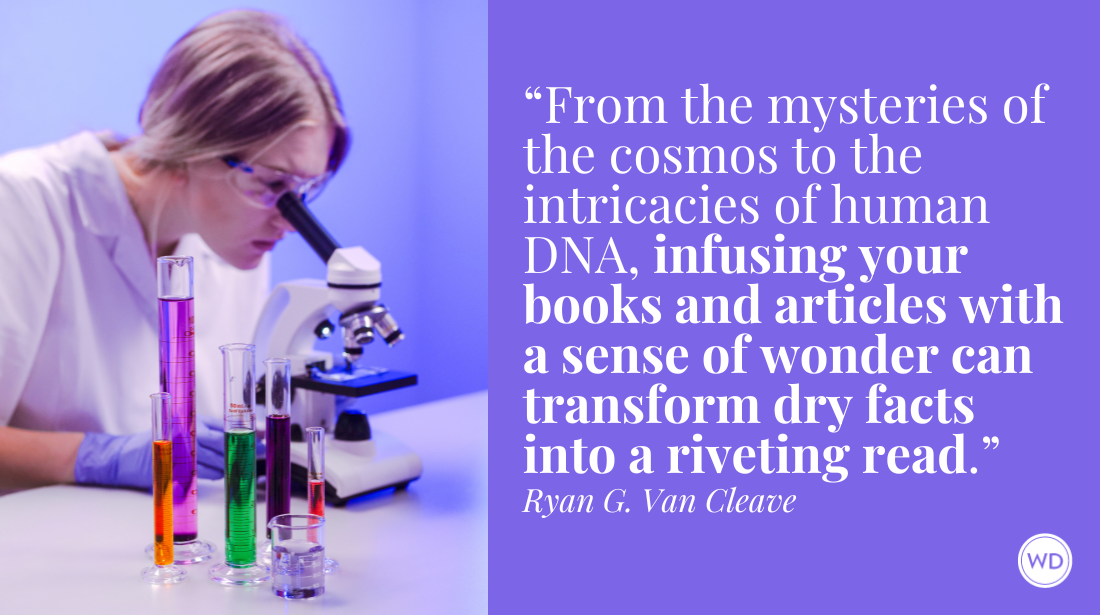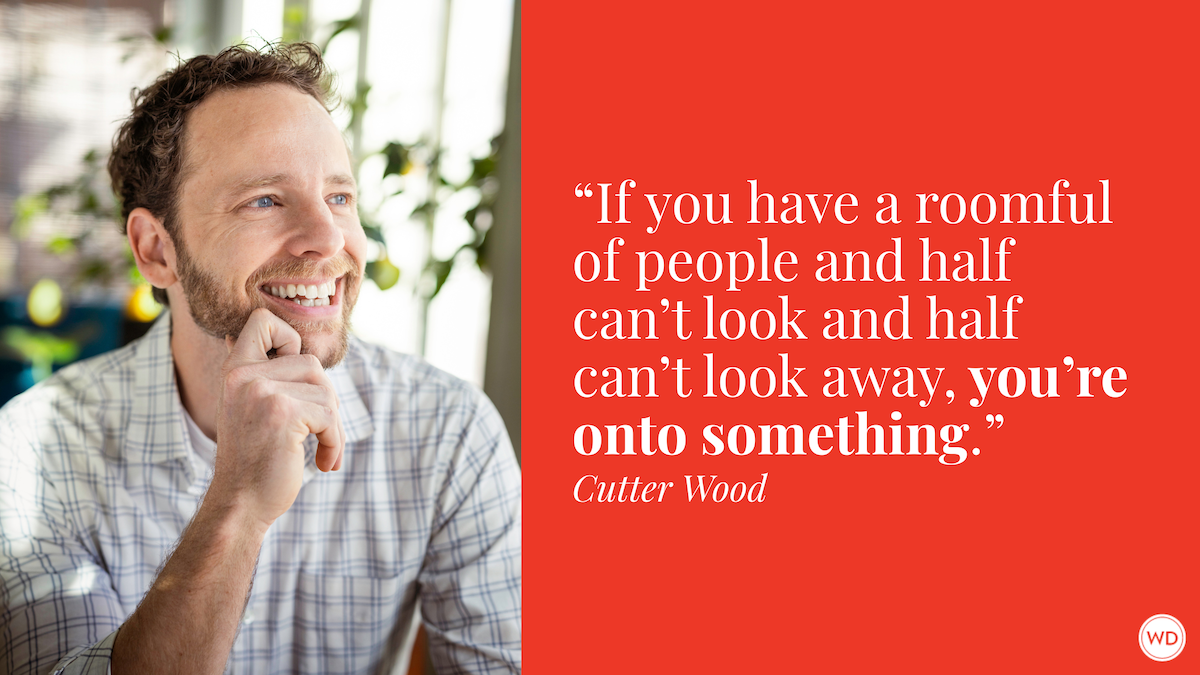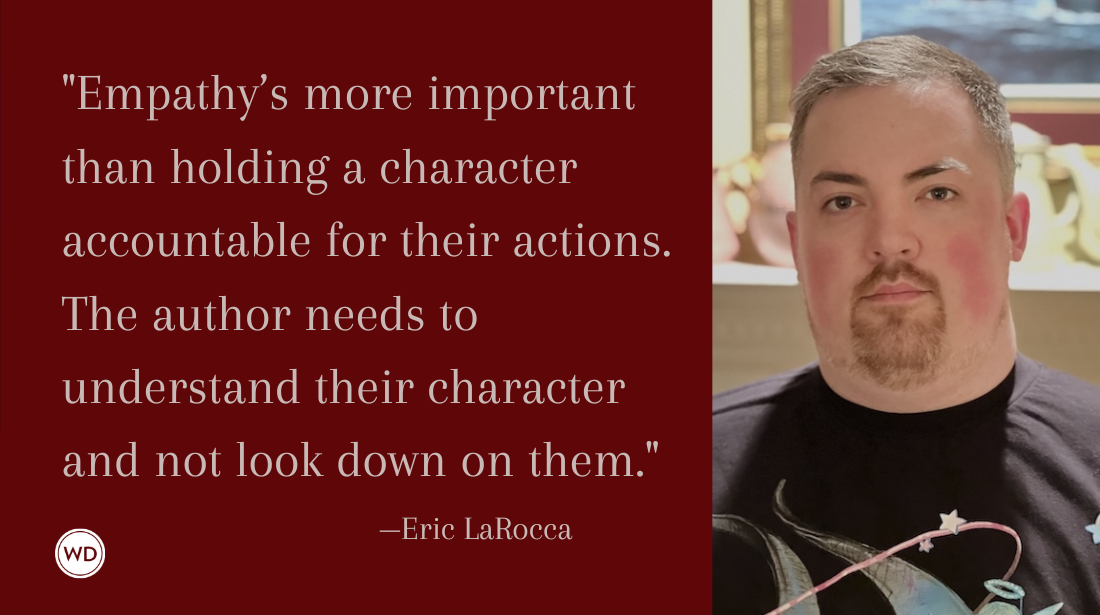7 Writing Tips That Also Apply to Life
When writing advice and life advice intersect, our writing lives are more satisfying. Here, author Rita Zoey Chin shares seven writing tips that also apply to life.
As a writing teacher, I’ve spent a lot of time talking with my students about how stories are made. Whether we’re studying the nuances of voice, narrative structure, pacing, character development, dialogue, setting, themes, literary devices, or any other elements, our discussions are usually focused on the formal aspects of writing. But there’s another component of writing that gets a lot less attention than it deserves: How we navigate our writing lives.
Though our relationships to our writing isn’t a subject often visited in academic settings, some of the most important lessons I’ve learned as a writer have little to do with craft. More than once, for example, I’ve taken literary advice that has run counter to my fundamental vision for a work and has set off my most blaring intuitive alarm bells, only to pay a hefty price (we’re talking years of rewriting here) for it later.
Though we can, with relative ease, dissect a story or diagram a sentence, our intuition, creative drive, and lived approaches to writing remain far more elusive. Therefore, in the hopes that maybe I can help you make fewer mistakes than I have, I’ve put together a list of what I’ve found to be some of the most important tips for writing (and living) our best.
1. Be true.
“To thine own self,” to your vision, to your voice, to what fascinates you, to your imagination, to the sparks that beckon to you in the darkness, be true—even if people think you’re strange (or especially if people think you’re strange). Authenticity takes courage, but the alternative is to live in the shadow of your passion and potential.
So, write what excites you. If you want to write a love story, for instance, between three tardigrades living on a satellite floating in space, then at least try. See what develops. The only person stopping you is you.
I think two of the most important things we can do to safeguard our authenticity is to be honest with ourselves and to resist judgement. Resist that voice—whether it’s yours or someone else’s—that tries to tell you that a love story between tardigrades is ridiculous, that publishers aren’t looking for love stories about tardigrades, that tardigrade literature isn’t serious literature, that no one else is writing about tardigrades and you’ll be cast into solitude forever if you even attempt it.
Those voices deserve no quarter in the landscape of your imagination. Instead, trust in your creative impulses. Give them space and respect. And reject anything that pulls you away from your story’s heartbeat, or your own. Just listen, and you’ll always be able to hear it.
2. Find your tribe.
When you live and write from a place of authenticity, you’ll naturally attract people who will understand and celebrate who you are and what you write. You’ll recognize them because they’ll treat your creativity as the sacred force it is.
They’ll stand beside you and behold the vista of your dreams. Yes, they’ll say. I see it. I see what you’re building here. And when the terrain changes, or when you simply lose your way, they’ll remind you of your vision, your roadmap.
These are the people who will read your pages and see the magic in them, and these are also the people who will be brave and kind enough to give you the hard advice when you need it, the ones who will say things like, “I think there needs to be something more at stake for this one tardigrade.” You won’t necessarily always want to hear their advice, but taking it when it rings true will make your writing, and probably your life, better.
IndieBound | Bookshop | Amazon
[WD uses affiliate links.]
3. Follow your curiosity.
There’s a reason my partner jokes that my name should be spelled “Zoey with a why”: I ask a lot of questions. In fact, curiosity is what sparked the idea for my first novel, The Strange Inheritance of Leah Fern. I was curious about how a relationship between two women—one living and one dead—might play out, especially if each wanted something vital from the other, so I wrote the book to find out.
Asking questions is essential to writing. What do my characters want? Why do they want it? What are they willing to do to get it? Is it possible that what they think they want is just the edge of what they really want? What happened to them when they were seven, nine, sixteen? What secrets are they carrying? What was the moon phase on the night when they wandered out into a field? What else was in that field? Was that field possibly a lake? Are there jellyfish in lakes. . .?
But the benefits of curiosity go far beyond the page—when we ask questions, we become engaged in exploration, bright with knowledge, and connected to ourselves, each other, and the world/universe/beyond.
4. Pay attention.
Have you ever been driving someplace, and suddenly you realize you don’t remember the last several miles of your journey? Every time that happens, I’m overcome by an eerie feeling that leads me to ask, Where was I? We all get distracted, but for many, paying attention has become a lost art (smartphones, I’m looking at you).
As writers, we need to create not only characters and their stories but also the worlds they inhabit, and one of the best ways to inform their worlds is to pay attention to our own. How is the light falling on a particular tree? On the face of someone you love? What does summer dusk sound like? How would you characterize the scent in the hallway of your friend’s apartment building? How does your mother speak? What are her cadences, her habits of phrasing, her tendencies to pause or trail off? Does she gesticulate, fidget, look you in the eyes? What doesn’t she say?
When we pay attention with all our senses, our books become richer, our lives become more vivid, and our relationships grow more intimate. We become less trapped in the machinations of our minds and more receptive to experience and the countless wonders that abound in any given moment. We also become better drivers.
5. Know when to show up and when to let go.
Raise your hand if you’ve ever been MIA for something you’ve committed to—such as a project, a promise, a relationship. Raise your hand if you’ve done the opposite and white-knuckled something to death instead of doing what you knew you should and let it go? (Allow me to stop typing so that I can raise both hands.) When it comes to life, and particularly relationships, it can be challenging sometimes to know whether to show up or to walk away, and sometimes even knowing which to do doesn’t make the follow-through any easier. The good news is that writing is, perhaps, a tiny bit easier.
One of my favorite buttons on my keyboard is the delete key. I once deleted 90 pages of a manuscript after I shared it with one of my most trusted readers (see #2), who said, “This is lovely, but it isn’t the book you said you wanted to write.” How right she was—the tone was all wrong, and it was leading me into territory I’d expressly wanted to avoid. What a freedom it was to let those pages go and start anew.
The flip side of the delete key is the show-up-even-when-it’s-hard-and-you’d-rather-be-doing-anything-else key. Let’s face it: Showing up to write when, for most of us, there’s no guarantee what we’re writing will ever be published—let alone earn even a modicum of income—isn’t for the faint of heart. That’s why it’s so important to write to the tune of your truest impulses (see #1) and to keep yourself interested in your own material (see #3). Sometimes you might invest a whole day and end up with only a paragraph, or maybe only a sentence, but they’ll add up as long as you keep showing up.
6. Make peace with the term work-in-progress.
It’s hard enough showing up for the marathon it takes to reach the end of a book, but then being told to walk away from it for an extended period of time before returning to spend a lot more time editing it borders on cruelty. And yet, if you take no other advice from me, please hear me when I say that, unless you’re Mozart, this is what you must do.
Just as we humans are works in progress, presumably on our own paths of introspection, insight, and growth, our books are creations that deserve the same care. Perspective here is key, and when it comes to writing, taking that time away is one of the best things we can do to return to our manuscripts with an eagle eye.
7. Be generous with your compassion.
As writers, we know that even our most villainous characters have backstories, vulnerabilities, dreams, and that when we hold those truths close, our characters—and therefore our stories—become richer and more compelling. What I think is harder for some of us to remember is to turn that same compassion toward ourselves.
So, on the days when none of the above feels doable, when that rejection letter comes, when your story feels as if it’s imploding, please be kind to the part of you that believes in the power of storytelling, that is driven to create, that will always be, in some ways, a child filled with wonder. I may not know you, but I know you deserve kindness, understanding, and space to be human.
And when we give ourselves compassion, we’re better equipped to offer compassion to our fellow writers, to our readers, to our characters, and to all the inhabitants of the earth.
Rita Zoey Chin is the author of the widely praised memoir, Let the Tornado Come. Zoey holds an MFA from the University of Maryland, has taught at Towson University, and teaches at Grub Street in Boston, as well as retreats and conferences near and far. Learn more at ritazoeychin.com.








